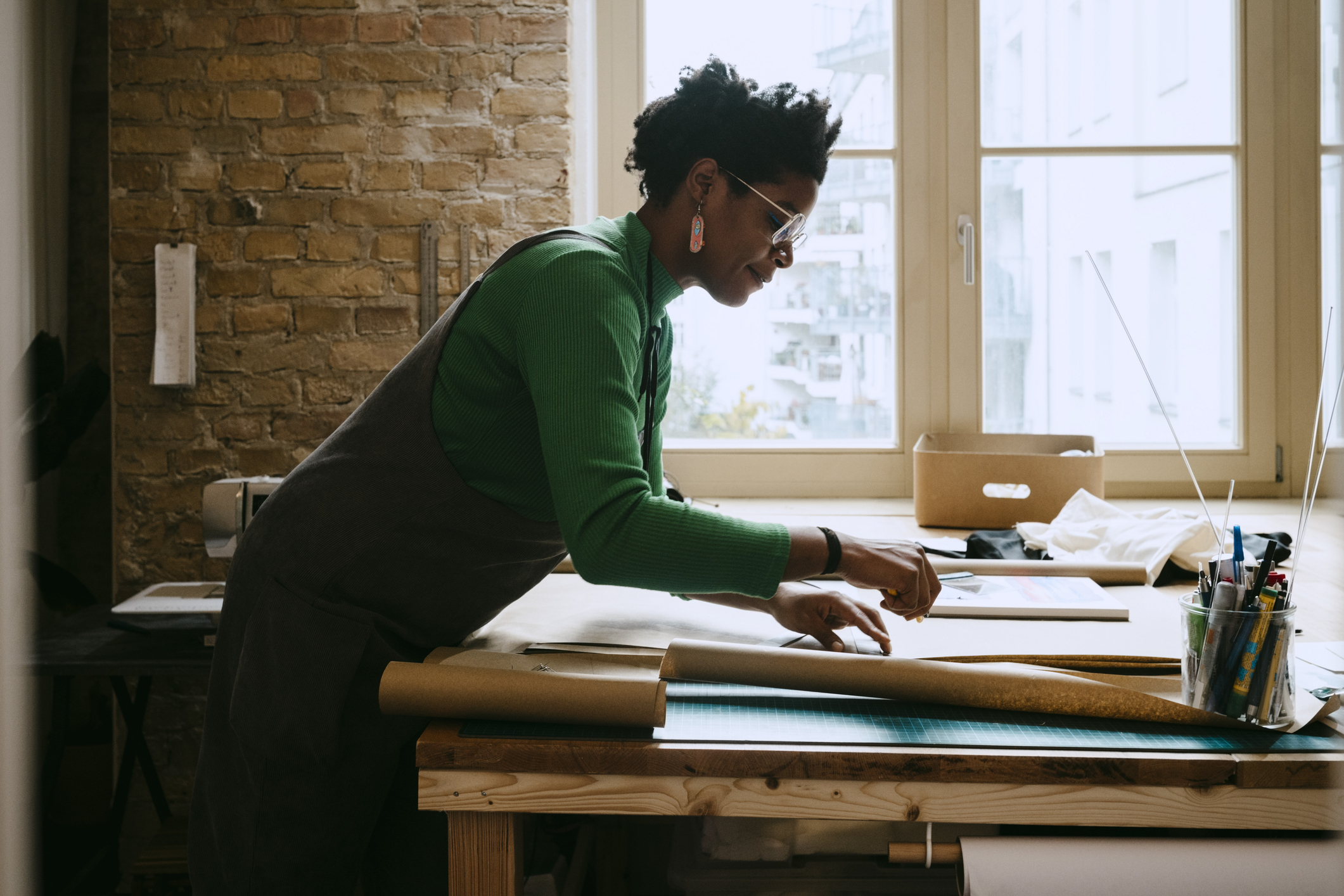Entrepreneurship often carries an air of glamor and boundless opportunity. For me though, it was neither a choice nor a planned move; it was a necessity. In 2019, I found myself stepping out of a senior leadership role at a bank, leaving behind the comfort of a stable sal- ary and the relative predictability of corporate life. What lay ahead was a journey of fear, uncertainty, doubt, and ultimately transformation.
It was the retrenchments that forced my hand. I had to make a difficult decision. Do I stay and fight for a role with no guarantees or take a package and walk away? I chose to run, hopeful, perhaps naively, that I could establish a boutique consultancy focused on corporate innovation.
Amazingly, I landed my first client almost immediately, a stroke of luck that initially vali- dated my belief in the new path.
But all projects end. Nine months later, as my first assignment wrapped up, reality set in. I hadn’t nurtured my network or built a pipeline for future clients. I assumed that initial success would automat- ically translate into ongoing demand. It didn’t.
Approaching Christmas with no prospects, no income, and mounting anxiety, was my lowest point. The fear of failing my family weighed heavily, and I often found myself taking deep, deliberate breaths just to keep going.
Loading...
Yet, it was during this period of uncertainty that I began to learn how to become an entrepreneur.
And the first lesson was to learn how to control my emotions, particularly those of fear, uncertainty, and doubt, what entrepreneurs call ‘FUD’, as they had become constant companions. It was only when I stopped trying to suppress them but rather em- braced them that I was truly able to make progress in my business.
I started making cold calls. I tried doing live interviews. I volunteered to write a column. I started lecturing. I started a podcast. I offered coaching to senior executives.
I felt like an imposter. I embarrassed myself. But I took these feelings of FUD as an indicator that I was trying new things.
And that was good because it meant I was growing.
I was building resilience.
And it helped me to stop thinking in terms of success or failure and instead had me thinking more about actions and reactions.
Removing the fear of failure and replacing it with curiosity about the possibilities was, for me at least, an epiphany.
But much as I felt like these new experiences were putting me in the right places, I was still struggling to convert the experiences into business opportunities.
And that was because I was not actively looking for the signals within the noise.
Rather than getting out to potential clients and observing their actions, I had been asking my close friends and family for their feedback. And much as meant well, their well wishes were not reflective e marketplace.
I had taken the easy route to find affirmation rather than the cold, clinical path an entrepreneur s to take to validate that there is demand for their product or service.
So, now, I watch for the signals. How many of my mailers were opened? How many pitches have converted? What was the body language like in the meeting? How many days did it take to get a response? Where are the referrals coming from?
Fast forward five years, and I’m still a micro-entre- preneur, facing FUD every day. But now, I see these challenges as part of the journey.
That innovation consultancy has now morphed into a PR and marketing agency that generates leads for others by hosting thought-leadership events.
And I still make cold calls, do live interviews, write a column, lecture, podcast, and provide coaching to senior executives.
And being totally honest, I still feel like a bit of an imposter.
But I have found my niche and have started to explore ways to scale. And I now enjoy what I do and have less worries about feeding my family.
So if you are thinking about, or have started on the journey of becoming a micro-entrepreneur, remember this. Your path will not be the same as mine. But if you embrace your fears, look for the signals in the noise, and experiment continually, you will increase your chances of building a sustainable and fulfilling business.
I wish you luck!
Loading...
